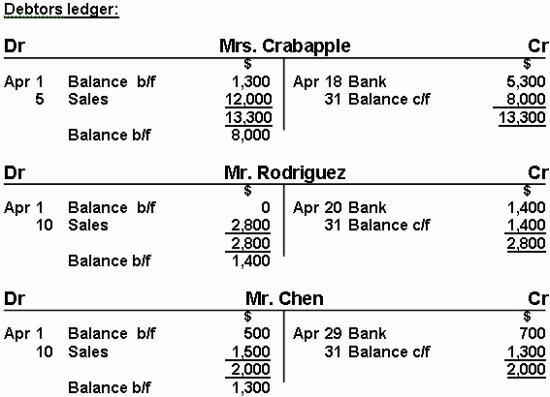Welcome to our website darasahuru.co.tz, in this post you will find Classification Of Accounts, Topic 3: Classification Of Accounts - Book Keeping Form One, Download Classification Of Accounts PDF Free, Form One Book Keeping Notes Free Download, Importance of Classification Of Accounts, Advantages of Classification Of Accounts, why to study Classification Of Accounts, Classification Of Accounts PDF
Classification of Accounts
Tags
Book Keeping Form I


